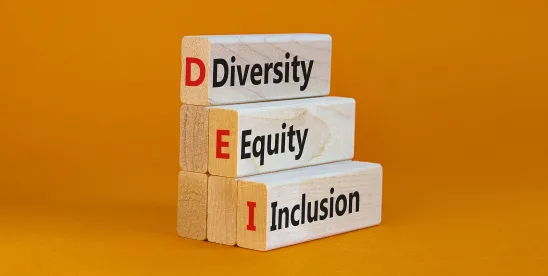Recently, the terms DEI (Diversity, Equity, and Inclusion) and Affirmative Action have been thrown around as if they mean the same thing, but in reality, they are not. They represent distinct concepts with unique goals and approaches.
Affirmative Action is a legal policy created to address historical injustices and discrimination by providing opportunities to underrepresented groups. It involves initiative-taking measures to ensure that individuals from these groups have equal access to education, employment, and other areas where they have been historically marginalized. The primary focus is on creating opportunities and leveling the playing field for those who have faced systemic barriers. However, it should be understood that under this theory a lesser qualified person should not be chosen over a more qualified person. If implemented as intended, it would give an otherwise unavailable opportunity to a qualified person.
On the other hand, DEI encompasses a broader framework aimed at fostering an inclusive environment where diversity is valued, equity is ensured, and everyone feels a sense of belonging. Diversity refers to the presence of differences within a given setting, including race, gender, age, and more. Equity involves fair treatment, access, and opportunities for all, while Inclusion is about creating a culture where everyone feels respected and valued.
While Affirmative Action is often seen as a legal and policy-driven approach, DEI is more about cultural transformation and ongoing efforts to create a supportive and inclusive workplace. Both are crucial for building a fair and equitable society, but they operate on different levels and address different aspects of inequality. DEI initiatives, though can impact hiring, focus on the workplace and people in it. The intent is to embrace the collective, minimize bias and treat others in a respectful and understanding manner.
In further contrast, affirmative action relates to giving a preference to one over the other, even if the other is qualified. DEI is meant to impact a broader range of people and cultures by appreciating differences and encouraging deeper engagement.
Though affirmative action and similar preference policies have been banned or in certain cases unconstitutional, DEI programs are still very legal. It should be noted that despite the recent January 2025, executive order titled “Ending Radical and Wasteful Government DEI Programs and Preferencing,” which aims to terminate DEI programs, it is only relevant to practices within the federal government. DEI programs in private companies, educational institutions, and other non-federal entities are still legal.




 />i
/>i

